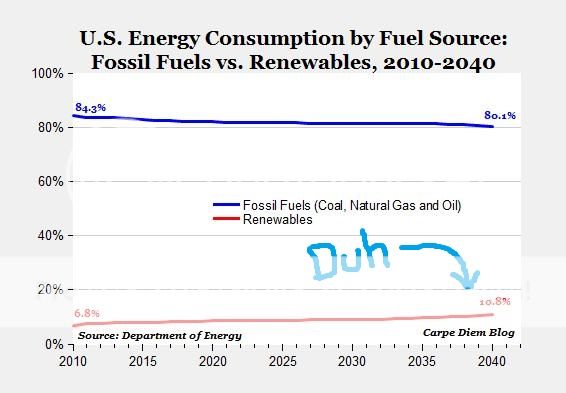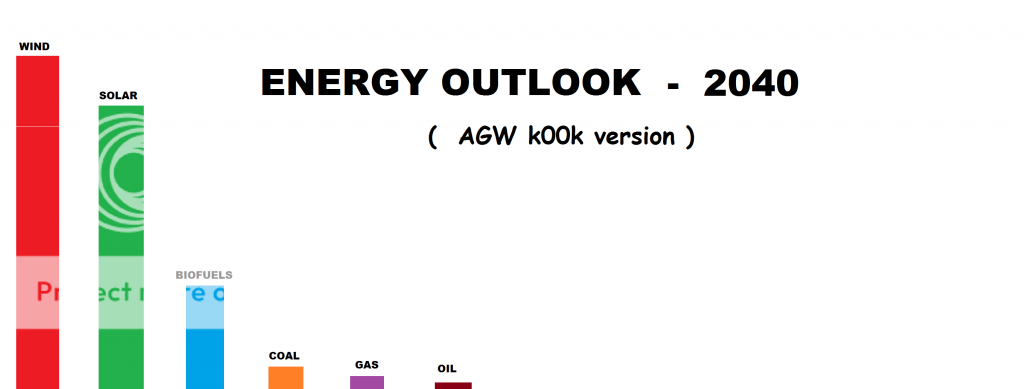ScienceRocks
Democrat all the way!
- Banned
- #21
Here's the global sea level rise
CU Sea Level Research Group | University of Colorado
http://www.cmar.csiro.au/sealevel/sl_hist_last_15.html
CU Sea Level Research Group | University of Colorado
http://www.cmar.csiro.au/sealevel/sl_hist_last_15.html
Last edited:







